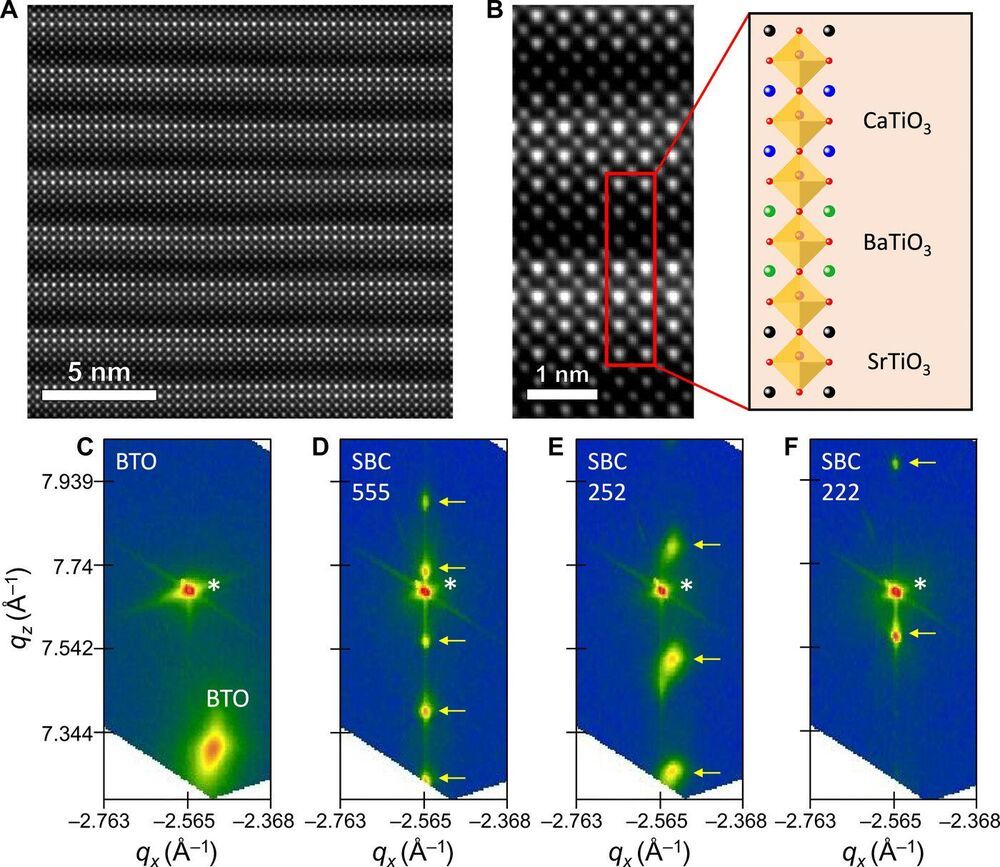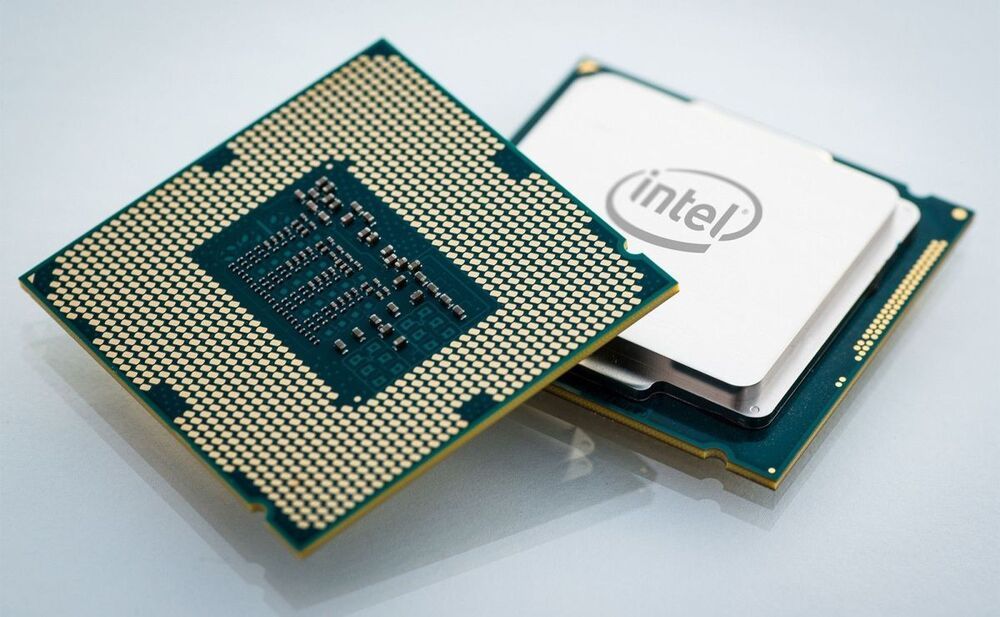Jul 25, 2021
Gottlieb says U.S. likely “much further in this epidemic than we’re picking up”
Posted by Quinn Sena in category: biotech/medical
I believe since the weird localization of the virus in Japan that this sorta self evolving virus needs to have a counter like a self evolving vaccine but at the very least new variants can be made super fast with new technology in vaccine making.
Washington — Dr. Scott Gottlieb, former Food and Drug Administration commissioner, said Sunday he thinks the U.S. is further into the COVID-19 epidemic driven by the Delta variant than Centers for Disease Control and Prevention (CDC) models are picking up. He said that could mean “hopefully we’re going to turn a corner” in the next two to three weeks.
“We’re not doing a lot of testing. More of the testing that we are doing is antigen tests that are being done at home and not getting reported,” Gottlieb said. “So, I think we’re much further into this epidemic than we’re picking up and hopefully further through this epidemic.”

















